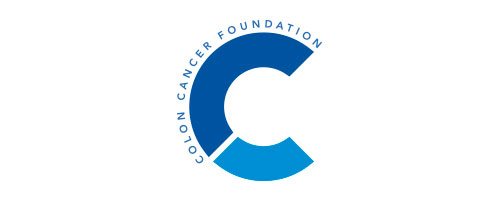Could the Western Diet Be a Risk Factor for EAO-CRC?
Early-age onset colorectal cancer (EAO-CRC) rates have been steadily increasing in the U.S.. EAO-CRC, defined as colorectal cancer (CRC) found in patients under 50, has more than doubled since the 1990s. The recently concluded Early-Age Onset Colorectal Cancer Summit hosted by the Colon Cancer Foundation gave global experts a platform to discuss the underlying factors behind this concerning pattern. Diet, lifestyle, early-life exposures, and the microbiome made up a majority of the conversation during one of the summit’s sessions, as these are all factors that play a role in EAO-CRC. Diet in particular is a factor that must be explored further. According to a prospective cohort study published in the Journal of the National Cancer Institute (JNCI) in May 2021, hyperinsulinemia, chronic inflammation, and gut dysbiosis caused by a poor diet can lead to CRC.
The JNCI study investigated the potential link between poor diet and rising incidence of EAO-CRC. The study’s researchers analyzed the documented behaviors of participants in the Nurses’ Health Study II (NHSII). NHSII is the second generation of the Nurses’ Health Study, established in 1976 to investigate risk factors for chronic diseases in women. NHSII contains a cohort of young women with well-documented endoscopic histories and assessments of diet and lifestyle factors, which “provides a unique opportunity” to address the knowledge gaps in the potential link between diet and EAO-CRC.
The study looked at the history of 29,474 women aged 25-42 from 1991 to 2011. Every two years, participants were given questionnaires on demographics, life factors, and medical diagnoses. This allowed the study’s researchers to distinguish between participants with colorectal adenomas and those without, an important distinction as colorectal adenomas are postulated to be precursors to EAO-CRC. The adenomas were then categorized by their malignant potential based on size and histology.
To procure information about diet, the researchers looked at the food frequency questionnaires (FFQs) participants filled out every four years. The FFQs revealed two dominant dietary patterns: 1) the Western diet, characterized by refined grains, processed meats, and high-sugar foods, and 2) the prudent diet, characterized by vegetables, fruits, whole grains, and seafoods. Three indices were used to determine overall food quality: Dietary Approaches to Stop Hypertension (DASH), Alternative Mediterranean Diet (AMED), and Alternative Health Eating Index-2010 (AHEI-2010). For all three indices, higher scores indicated higher diet quality.
Results from statistical analyses showed that participants in the highest quintile of Western dietary patterns had an increased risk of early-onset adenoma compared to those in the lowest quintile. Additionally, adherence to the Western diet was positively associated with early onset high-risk adenomas in particular. Conversely, there was an inverse association between adherence to DASH, AMED, and AHEI-2010 and risk of early-onset adenoma.
These findings indicate that poor diet quality contributes to the increase in EAO-CRC found in the U.S.. However, it is important to note that participants following the Western diet were also more likely to engage in unhealthy behaviors, e.g. smoking and being sedentary, compared to participants following the prudent diet, DASH, AMED, and AHEI-2010. These confounding variables display the necessity for further research into the link between diet and EAO-CRC.


Leave a Reply
Want to join the discussion?Feel free to contribute!